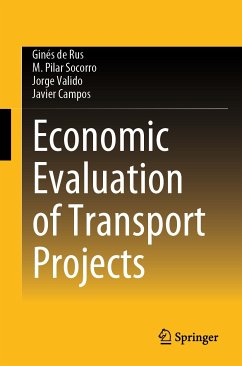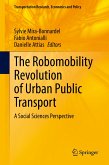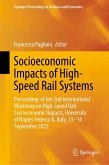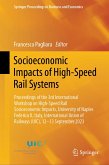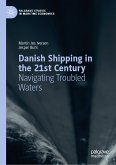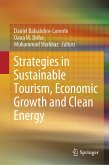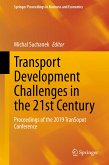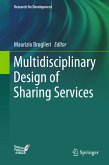This book is a guide to the economic evaluation of transport policies and investment projects through cost-benefit analysis (CBA). It covers the CBA of transportation projects and policies, and introduces the fundamental concepts of CBA before considering their application in real-world settings.
Overall, this book is an excellent resource for students, practitioners, and policymakers involved in transport economics and evaluation, as it provides a comprehensive understanding of the principles and applications of CBA in the transport sector.
A distinct focus of the book is on the practical applications of CBA. It includes real-world examples of CBA, such as high-speed rail investment and the subsidization of air transport, which illustrate the importance of using a rigorous analytical framework to evaluate transport projects and policies.
The primary objective of this book is to present a basic model for the evaluation of transport projects and policies, with explicit assumptions and practical evaluation rules derived from it. The rules and measurement criteria derived from this model are applied to the examples mentioned above.
Overall, this book is an excellent resource for students, practitioners, and policymakers involved in transport economics and evaluation, as it provides a comprehensive understanding of the principles and applications of CBA in the transport sector.
Dieser Download kann aus rechtlichen Gründen nur mit Rechnungsadresse in A, B, BG, CY, CZ, D, DK, EW, E, FIN, F, GR, HR, H, IRL, I, LT, L, LR, M, NL, PL, P, R, S, SLO, SK ausgeliefert werden.
Es gelten unsere Allgemeinen Geschäftsbedingungen: www.buecher.de/agb
Impressum
www.buecher.de ist ein Internetauftritt der buecher.de internetstores GmbH
Geschäftsführung: Monica Sawhney | Roland Kölbl | Günter Hilger
Sitz der Gesellschaft: Batheyer Straße 115 - 117, 58099 Hagen
Postanschrift: Bürgermeister-Wegele-Str. 12, 86167 Augsburg
Amtsgericht Hagen HRB 13257
Steuernummer: 321/5800/1497
USt-IdNr: DE450055826
Bitte wählen Sie Ihr Anliegen aus.
Rechnungen
Retourenschein anfordern
Bestellstatus
Storno

